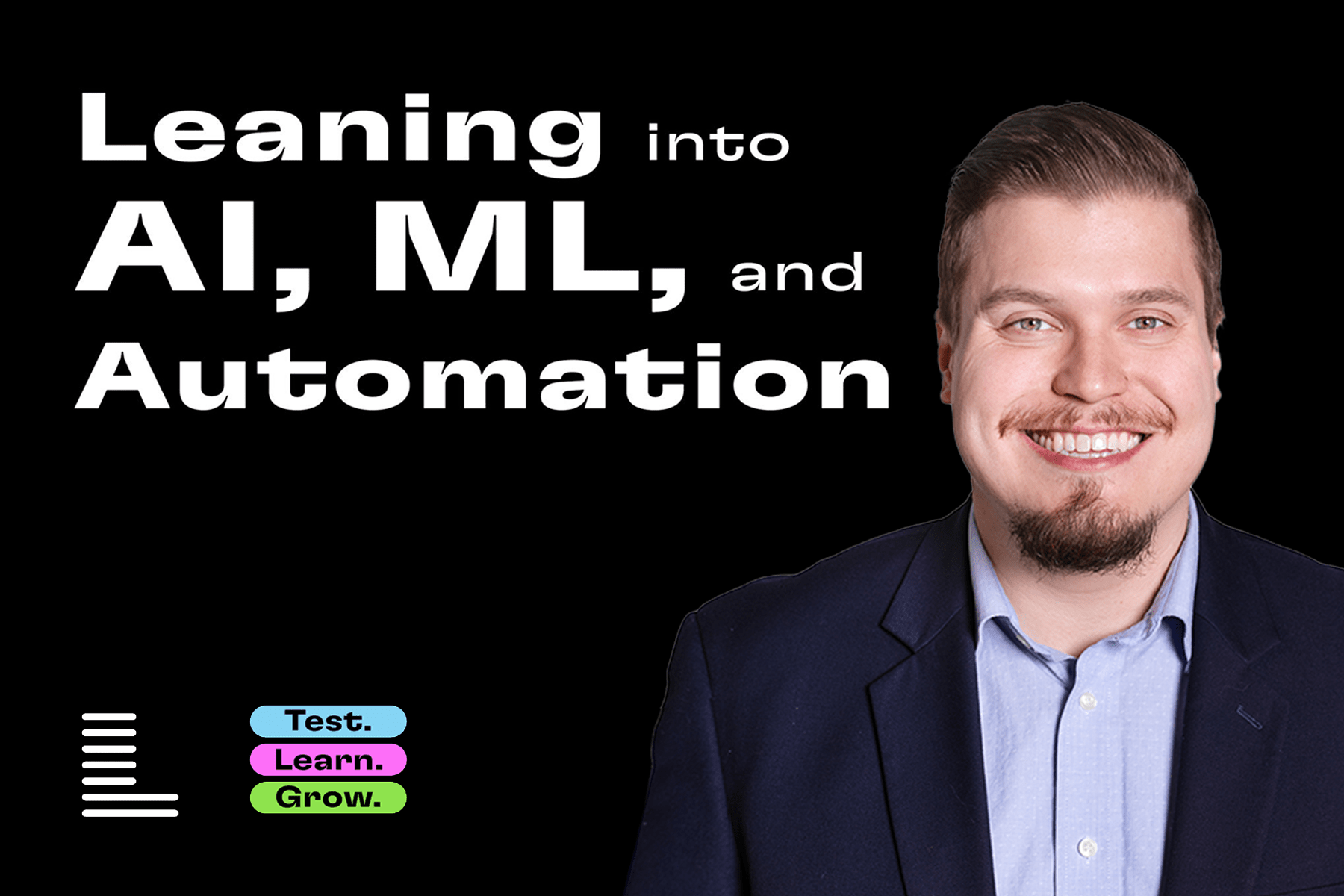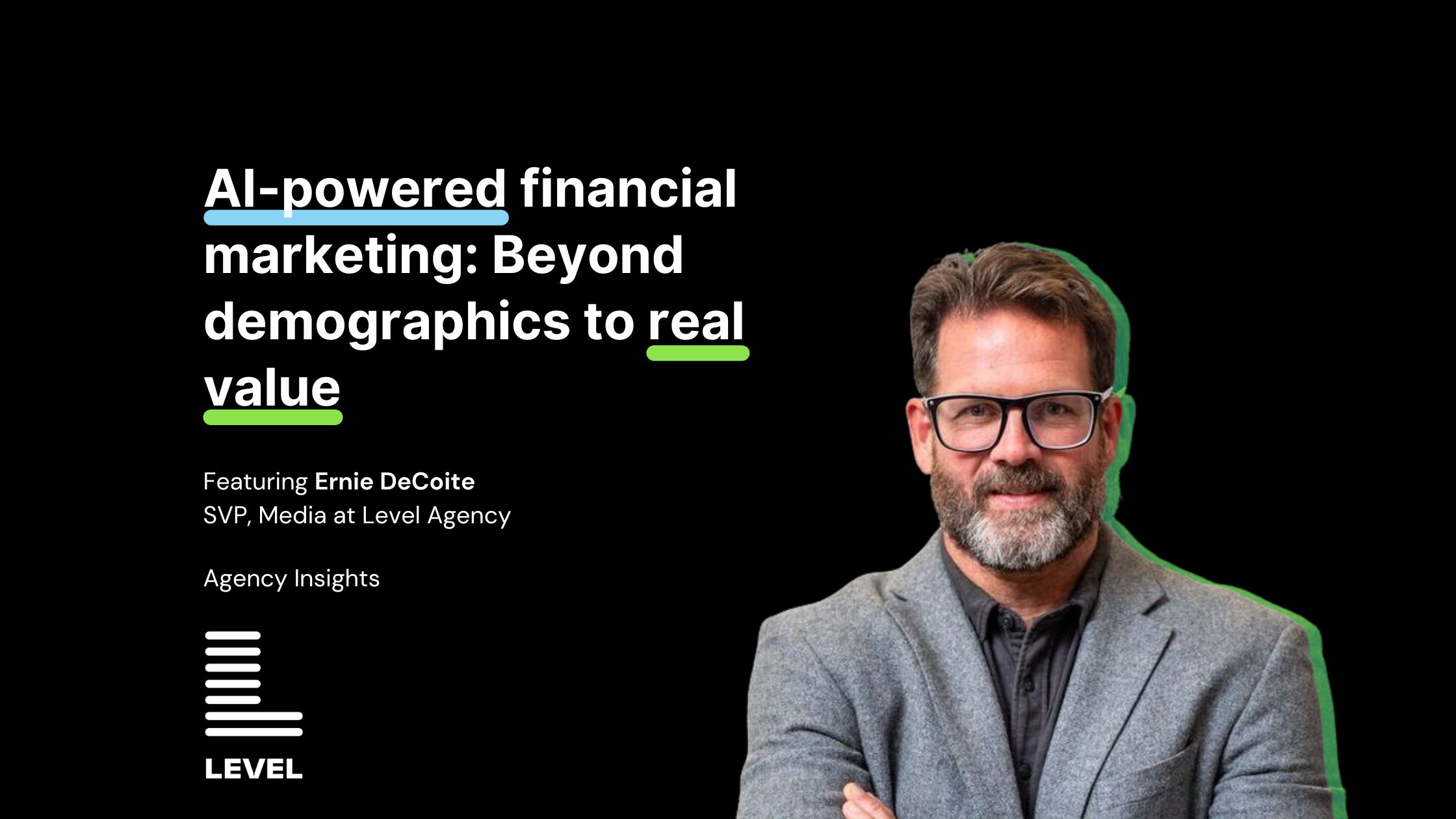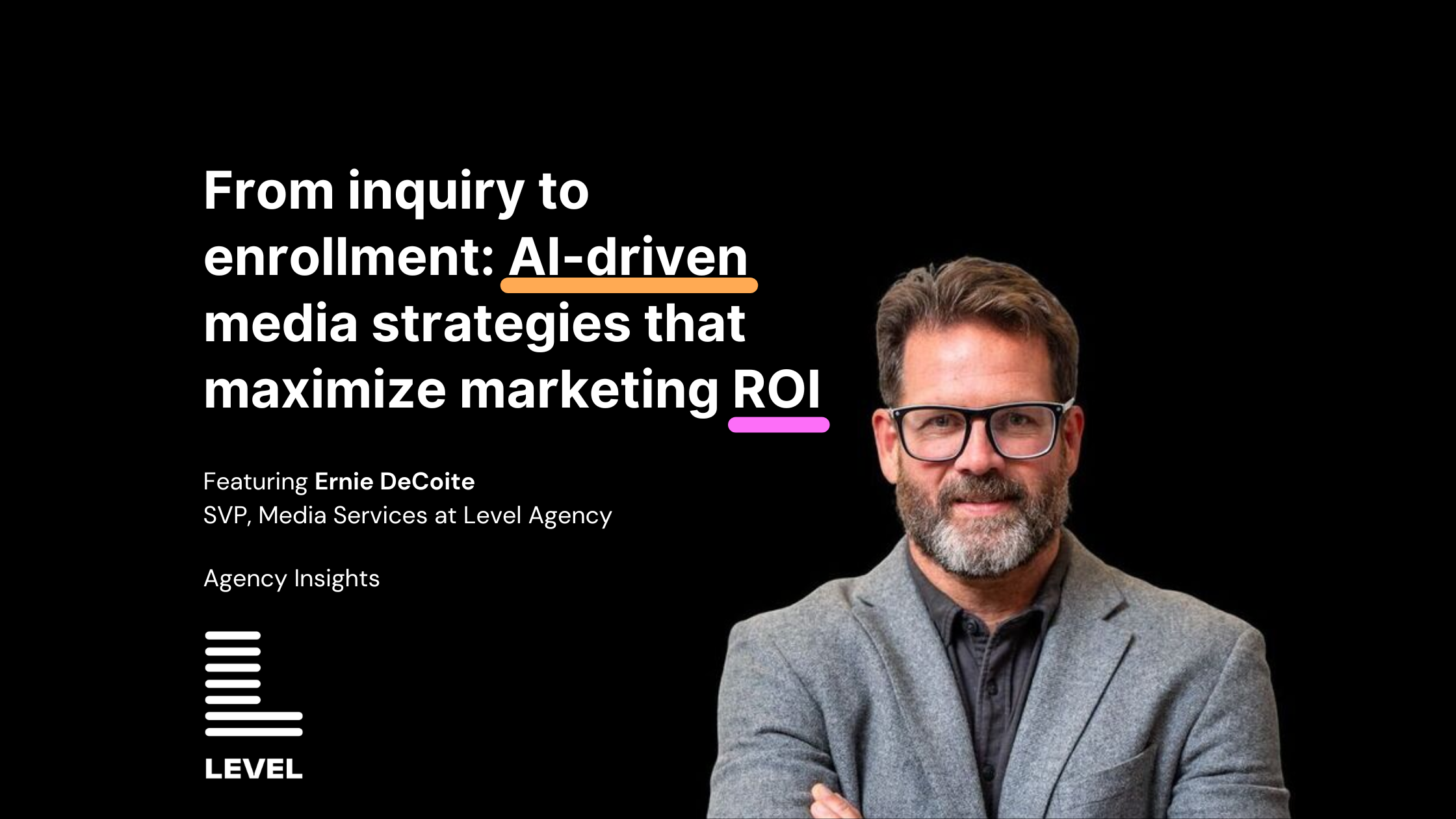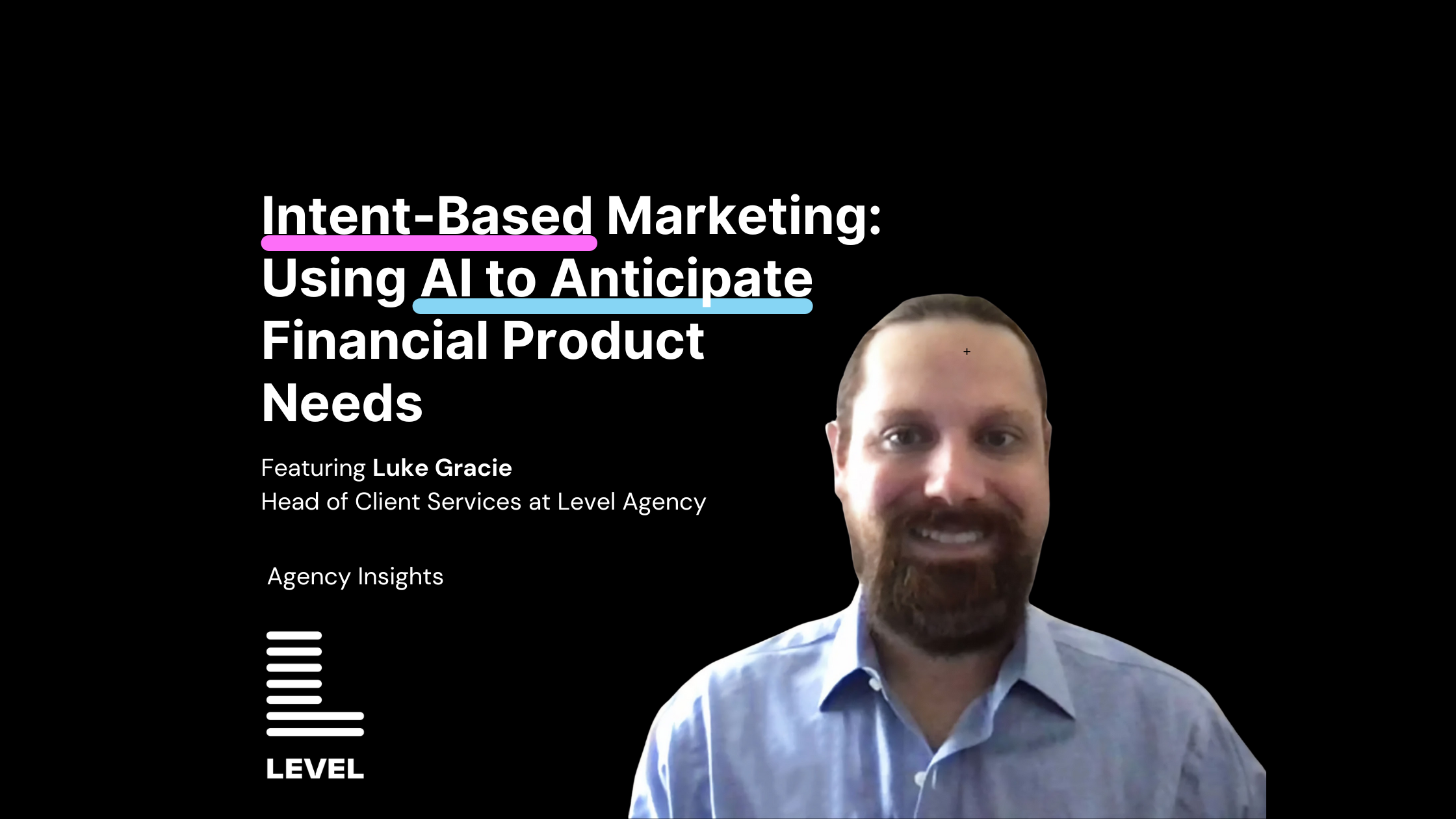Decoding Machine Learning, Artificial Intelligence, and Automation
In today’s rapidly evolving digital era, the concepts of machine learning (ML), artificial intelligence (AI), and automation are ubiquitous. Machine learning is a subset of AI, which focuses on the development of computer systems to learn from data, adapt to new inputs, and perform tasks without explicit instructions. AI, on the other hand, refers to the broader idea of machines capable of carrying out tasks in a way we would consider “smart”. Automation is the process of creating systems or processes that operate independently and reduce human intervention. While these technologies possess unique features, they overlap significantly in areas like decision-making, pattern recognition, and data processing.
Over the past few years, ML, AI, and automation have evolved dramatically. They transitioned from mere concepts to integral parts of our daily lives, driven by advancements in computational power, data availability, and algorithmic innovations. Today, they are not just reshaping industries but also redefining the ways we live, work, and interact.
A Revolution in Marketing: The Impact of ML, AI, and Automation
Among the myriad of industries, marketing has particularly benefited from the integration of these technologies. Machine learning and AI are offering unparalleled predictive power, enabling marketers to anticipate customer behavior and preferences with increased accuracy. Likewise, automation is streamlining tedious, repetitive tasks, freeing marketers to focus on strategic planning and creative tasks.
The advantages of incorporating these technologies into marketing are far-reaching. By automating routine tasks, enhancing customer understanding, and facilitating personalized marketing, ML, AI, and automation are augmenting Return on Investment (ROI) and operational efficiency.
Transforming the Marketing Landscape: Real-World Applications
Several real-world applications demonstrate the capabilities of these technologies in marketing. In the context of student recruitment, AI can analyze large datasets, recognize patterns, and make data-informed recommendations to attract and retain the right students.
Similarly, machine learning has the potential to significantly improve content personalization. By analyzing user behavior and preferences, ML can enable educational institutions to create highly personalized and engaging content, thereby enhancing student engagement.
Automation, meanwhile, streamlines administrative tasks and boosts student communication efficiency. From automated emails to chatbots answering queries round the clock, automation ensures a smooth, timely, and effective communication process.
Addressing the Elephant in the Room: Misconceptions and Ethical Considerations
As these technologies become more prevalent, it’s natural for concerns and reservations to arise. Some people fear job losses due to automation, while others worry about the ‘black box’ nature of AI and ML. However, while these technologies automate routine tasks, they also create new roles that require a human touch.
Ethically, using AI and ML in marketing raises valid concerns. It’s vital that marketers respect user privacy, obtain informed consent for data usage, and avoid manipulative practices. Misuse of these technologies can lead to loss of customer trust and potential legal consequences.
It’s essential to approach these technologies responsibly and ethically. Marketers should ensure transparency in their AI and ML practices, respect privacy, and focus on using these technologies to enhance customer experience, not exploit them. By doing so, we can embrace the power of ML, AI, and automation while maintaining ethical standards and fostering trust.








